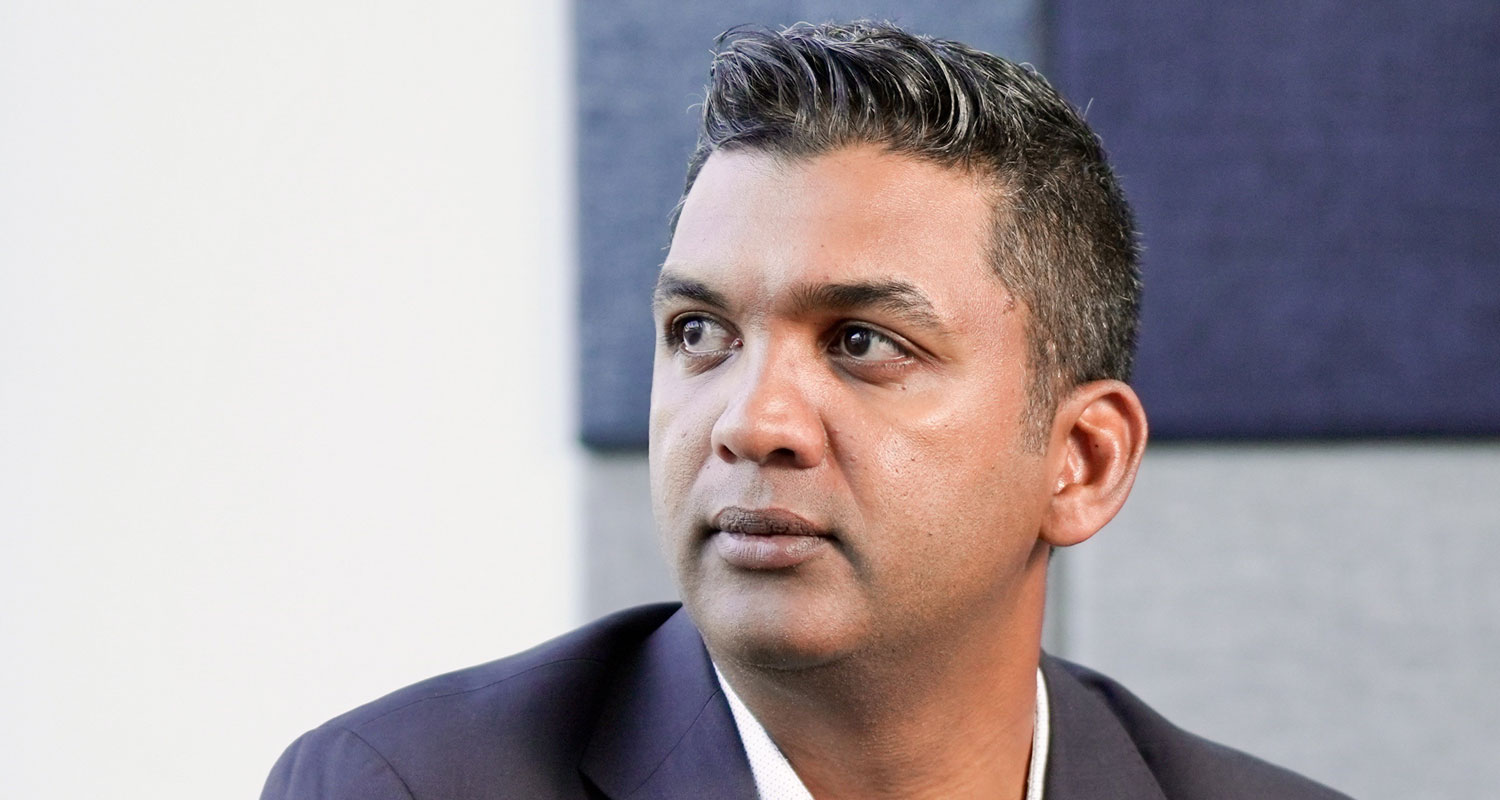By Altron Karabina
No one is under any illusions about the state of the country’s economy. The rand has been flirting way too cosily with the R20/US$ mark, inflation is squeezing consumers, interest rates are higher than at any point since the global recession, unemployment is unsustainably high and Eskom is failing in its mandate to keep the economy’s lights on.
The country is going through difficult times and everyone can see it. None of us needs to be reminded, on repeat, about the failures. It doesn’t take much creativity or leadership to point out what’s wrong. On the other hand, it takes leadership to accept ownership and start making an impact in your sphere of influence. For instance, as a leader I sit here and ask: what is the way through this?
The way through is to try to solve some of the problems in the country by making a meaningful impact on the businesses of our customers.
In the midst of adversity and in the midst of scarcity, invest in finding abundance and finding opportunity
Some might interject: “Where is the president? His ministers? Directors-general? Where is the leadership at Eskom? It is not my job to fix Eskom. Nor do I have the ability to make an impact on the sad state of affairs.”
Frankly, if that’s the view, then why bother remaining invested in the country? Of course, there needs to be excellence across all spheres of government and state-owned enterprises. No one disputes this. It’s also true that there are many talented and highly capable people in these places already.
A recent conversation with an official of one of this country’s major cities made the point clearly.
I explained that with advanced telematics, we could easily build a real-time understanding of where all the potholes in a city are. The official agreed but pointed out something obvious, but profound in the context of this conversation.
A new lens
He explained that more than 800 people were calling the municipality every day, reporting potholes. The city knows where all the potholes are already, he said, and so the answer doesn’t lie in investing in new technology for technology’s sake. Instead, he explained, the city lacked the ability to know the status of repairs in real time and where the disparate teams were in relation to each other.
So, he argued, the answer lay in improving efficiency to solve the problem. The solution may well be technology, but not data-gathering technology – technology to streamline processes and improve efficiency.
If we re-enter the discussion about the country and its problems with this understanding, it allows us to see the problem with a new lens. Yes, direction and tone are set by leaders, those at the top of the government, state-owned enterprises, big companies and smaller businesses. However, we don’t need permission, nor do we need to be told to do something impactful in our own roles, in our own spheres of influence.
Being creative and innovative, taking accountability and seeking opportunities to solve problems efficiently are leadership traits, and are not reserved only for those right at the top.
How does this look in my world? I lead IT businesses in an economy that has just barely avoided a recession. My job, the job of every person in these businesses, is to find creative, innovative solutions to drive efficiencies in our customers’ businesses.
Doing this allows us to grow, and by growing we have a direct impact on how many people we hire and how many families we directly and indirectly impact. When we are able to unlock massive savings in our customers’ businesses, we improve their efficiency so that they can also do well and hire and support more people.
By way of analogy, one of our clients is a large cross-border bank. Using artificial intelligence and machine learning, we were able to remove 10 000 hours of monthly administrative operational costs. Those people were then deployed more usefully to grow the bank’s business. That’s value, even in good times.
Another customer is a large telecommunications company that, like similar businesses around the world, faces customer churn on a monthly basis. To put the magnitude of the problem into context, they were losing R1.8-billion annually to churn. We worked with them on a host of different data inputs and built a propensity-to-churn model that can accurately predict potential churn within three months. The result? They have been able to hold onto a billion rand annually by being empowered to proactively make offers to customers to keep them in the business. That’s value, especially in difficult trading conditions.
This is the challenge for leaders out there – leaders at all levels. Remember, you can have strong leadership skills while working for a boss who works for another boss. The challenge to leaders out there is: in the midst of adversity and in the midst of scarcity, invest in finding abundance and finding opportunity.
Be creative within your own spheres of influence to drive efficiency. The knock-on effect at scale could be profound, and this is how we will end the cycle of pessimism.
Collin Govender, is Managing Director of Altron Systems Integration and Altron Karabina


